Foreign students facing stricter language tests
The Albanese government is considering raising English proficiency levels for international students, sparking concerns it could deter 30,000 applicants a year.
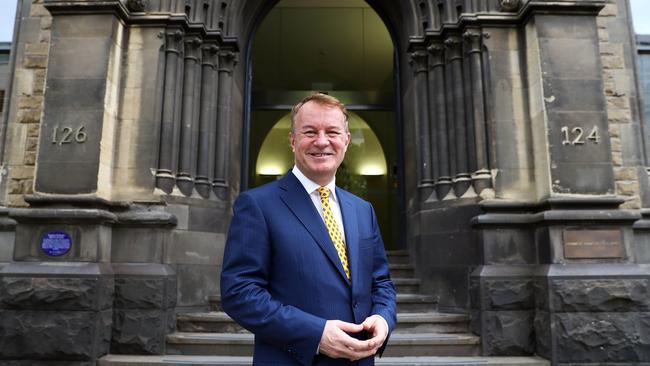
The Albanese government is considering raising the English language proficiency levels for international students, sparking concerns within the education sector that it could deter 30,000 people a year from applying to study in Australia.
The Australian understands government representatives have been canvassing a proposal to increase the English language level for international student visas, currently an International English Language Testing System required score of 5.5, to a score of six across all testing measures.
The proposed change would bring the level of English required to study in Australia from somewhere between “modest and competent” to align with the level required for a skills visa.
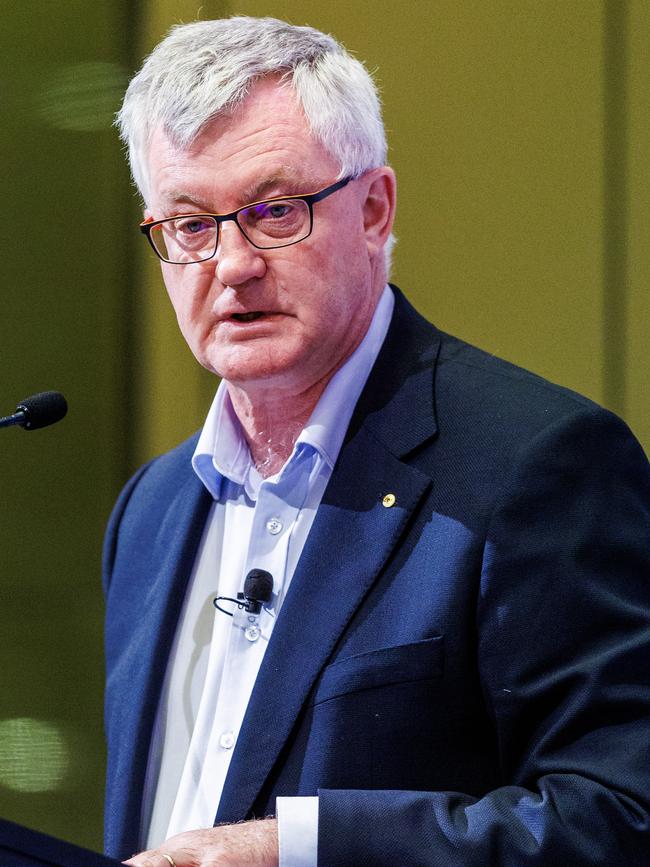
The increase reflects a recommendation in the Migration Review, with author Martin Parkinson, saying it would ensure that graduates had “better chances of success in our labour market” while safeguarding “educational quality”.
The government will issue its response to the Migration Review in December.
It is also considering higher taxes on international students, or capping their numbers.
International Education Association of Australia chief executive Phil Honeywood estimated about 100,000 students took the English language test onshore and offshore each year.
He predicted that under the proposed change, that would go down to 70,000.
“Clearly the government is looking at English language testing as one measure to enhance the quality of students coming into the country. The danger is that if we decide on a level higher than competitor countries, we could suffer the consequences,” he said.
Mr Honeywood said there was a concerted push for “foundation year programs” to be carved out of any increase to English competency, which refers to the year some foreign students must complete between graduating high school and beginning university.
Independent Tertiary Education Council Australia chief executive Troy Williams said the proposed increase was designed in part to combat exploitation in the migration system but questioned whether the changes were the most appropriate or effective pathway.
“It’s baffling that, based on the information that’s available, the Australian government has failed to understand that more robust English language requirements will have adverse financial impacts on students, and by extension the independent tertiary education sector,” he said.
“This is because overseas students may be deterred by the extra cost and preparation needed for higher testing … leading to a decline in enrolments. This could negatively affect the diversity and vibrancy of our educational community and … the contributions made by international students to the Australian economy.”
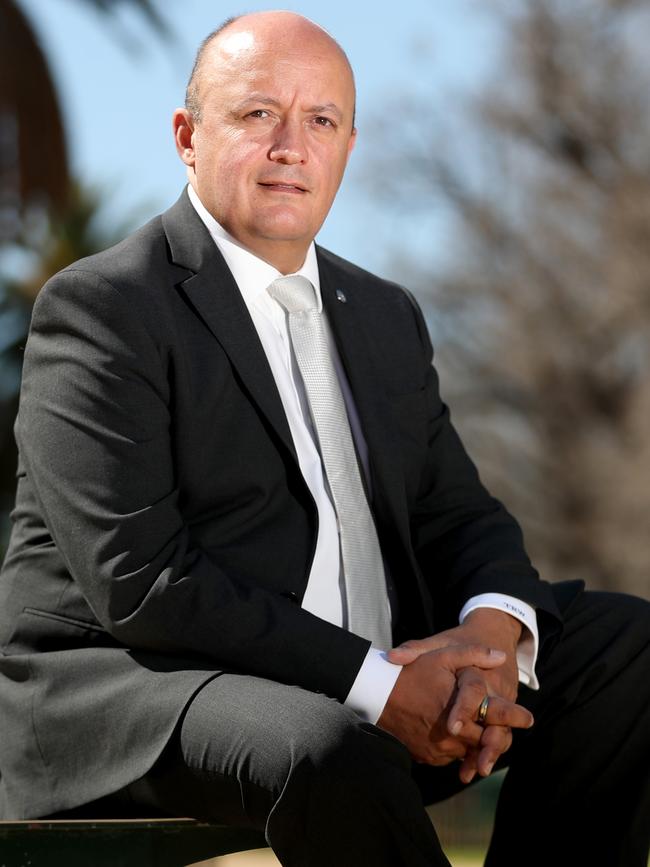
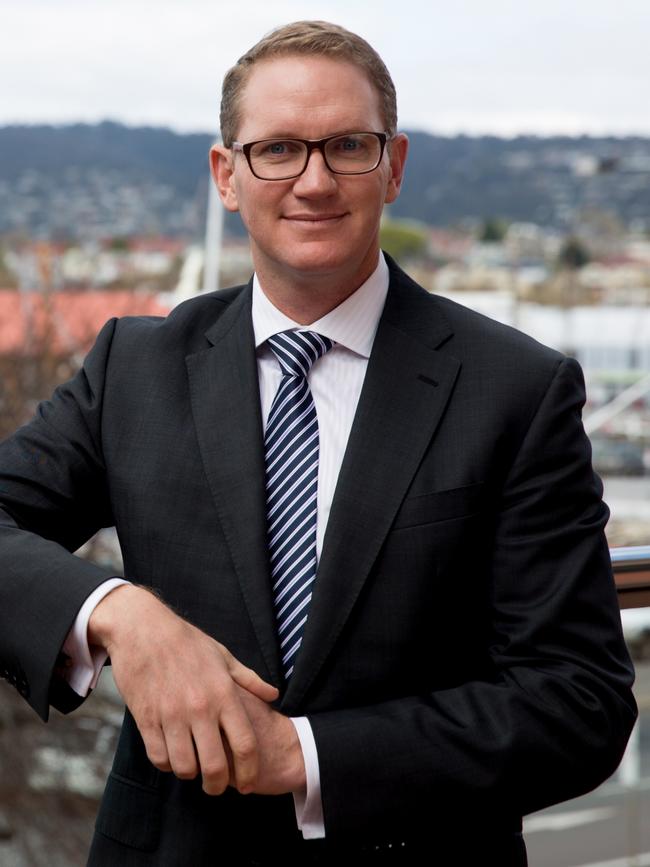
English Australia chief executive Brett Blacker said international students had a higher pass rate of 88.6 per cent compared to domestic students with 85 per cent, according to a 2021 study, suggesting English proficiency was only a piece of the puzzle.
“There are … other factors … that can impact on the quality of the student experience,” he said. “Their ability to culturally assimilate and socially assimilate and English language is a really critical and important factor but … not the only consideration.”
IDP Education argued in its submission to the review that sufficient English skills were essential to success in Australia, including “meeting academic requirements, achieving a fulfilling study experience, and effectively building skills necessary to achieve successful career outcomes in Australia”.
The Australian revealed in August that international students would no longer be penalised for revealing that they wanted to migrate to Australia as part of their visa application.
The review of the migration system released in March said international students were not reaching their potential in the labour market after graduation under the current settings.
Home Affairs Minister Clare O’Neil declined to comment.
ADDITIONAL REPORTING: SARAH ISON




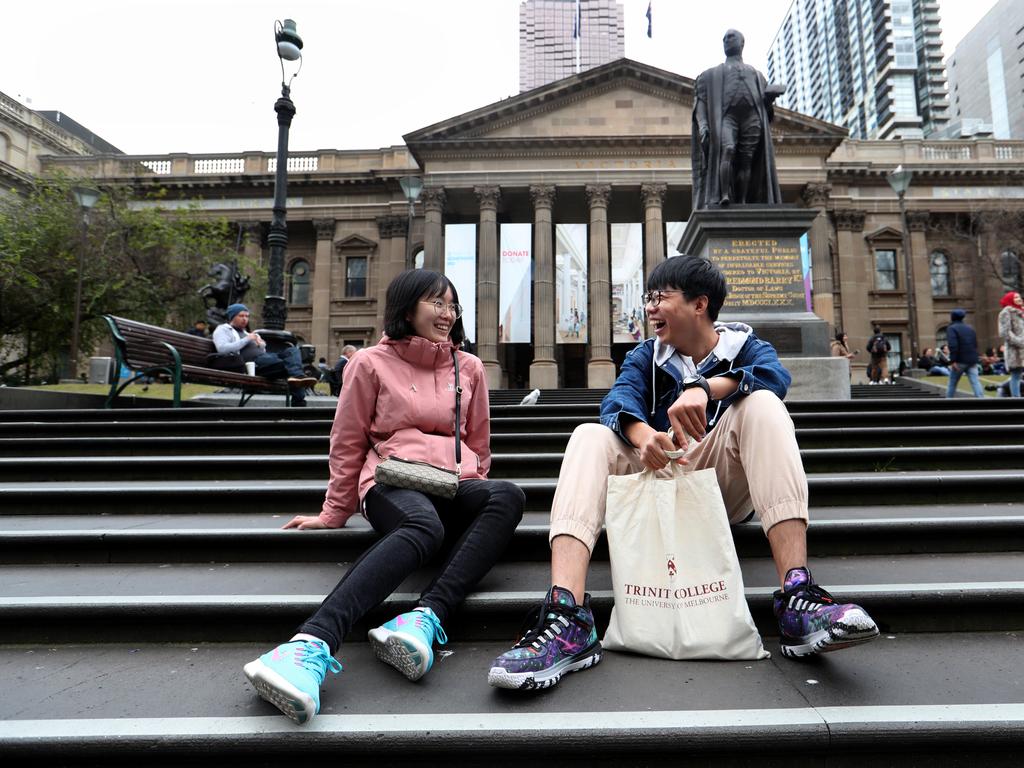



To join the conversation, please log in. Don't have an account? Register
Join the conversation, you are commenting as Logout